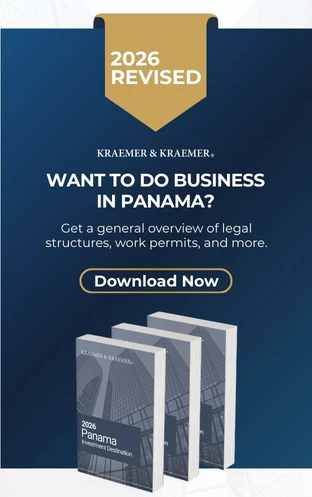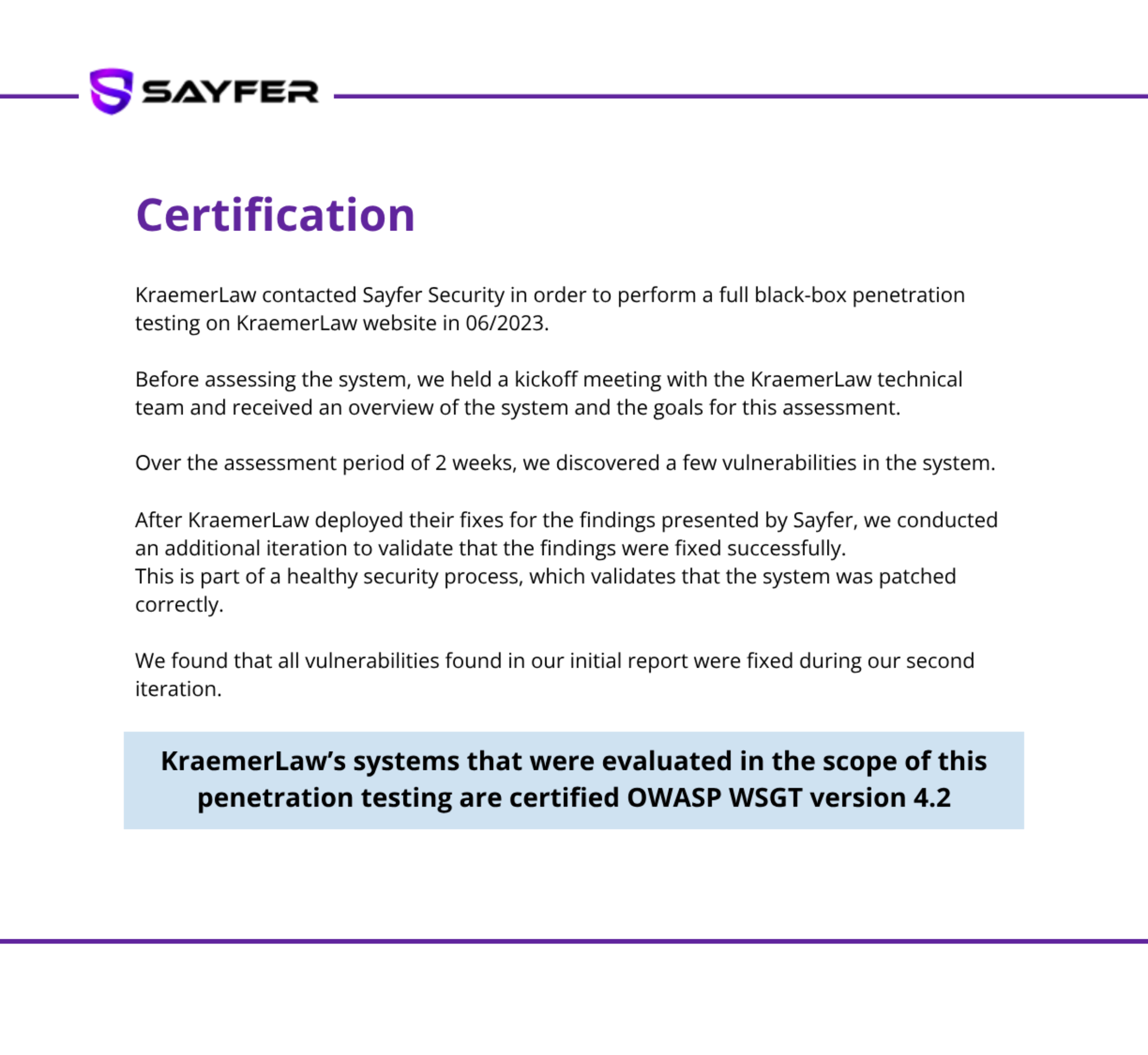By Executive Decree 363 of December 4th, 2018, the government of Panama regulated the procedure to declare as the Primary Residence or Tributary Family Patrimony (Patrimonio Familiar Tributario) the property of primary use to be benefited from annual taxes, according to the new property tax law.
Under Law 66 of October 17th, 2017, properties with values up to USD 120,000 will be tax exempt, if declared to be the primary residence or tributary family patrimony. This law will go into effect on January 1st, 2019.
The former rule of tax exemption for properties with values up to USD 30,000 is still in place, for properties not declared as the main live house or tributary family patrimony.
What properties are eligible?
A property owned by an individual or in co-ownership by spouses or two relatives or owned by a legal entity whose beneficiaries are individuals of the same family, can be subject to obtain the benefits of this law. Also, retirees, pensioners, or trusts owning properties can benefit from the law, under the same conditions established previously.
Who can declare the primary residence?
Only single individuals or widows may declare the primary residence.
Who can declare the tributary family patrimony?
Local or foreign individuals may declare the tributary family patrimony for their property which is the permanent residence of their family. Individuals may declare it for themselves, their spouse, or children.
Are there any restrictions?
Couples or individuals cannot have more than one declared property that is eligible for this exemption.
What are the new applicable property taxes?
Per article 766 of the Tax Code, properties declared as the primary residence or tributary family patrimony follow these tax brackets:
- 0% for values up to USD 120,000
- 0.5% for values from USD 120,000 up to USD 700,000
- 0.7 % for values over USD 700,000
For all other properties (not declared, such as residential, commercial, industrial, lots):
- 0% for values up to USD 30,000
- 0.6% for values from USD 30,000 up to USD 250,000
- 0.8% for values from USD 250,00 up to USD 500,000
- 1% for values above USD 500,000
What properties are not subject to the new tax exemption?
The following types of properties are NOT eligible for the new tax exemption:


- Mixed properties, such as a residential property and commercial property located within the same building
- Multiple properties built on the same lot, unless correctly segregated
- A property with many co-owners, unless requested by the co-owner who inhabits it as his main residence
How does this law impact other existing property tax incentives?
When requesting the new exemption, any previously granted tax benefit will be automatically revoked.
What other laws can influence this property tax exemption?
Several other laws can impact a properties eligibility, including:
- Extinction of the arrangement: for abandonment or destruction of the property, for the death of the owners, or when the youngest children turn 18
- Rescission (disaffection): the process to request to void the granted tax exemption system, for reasons such as the transfer of ownership, change of domicile of owner, or change of property value by voluntary appraisal
- Notification of changes: Any changes in the family conditions, such as new births, deaths, or divorces must be notified to the tax office
Where can the tax exemption be requested?
It can be done online in the e-Tax 2.0 platform or in person at the tax offices.
What are the requirements to request the tax exemption?
Couples with or without children:
- Copy of IDs
- Marriage certificate
- Birth certificate of the children (when applicable)
- Copy of the deed of purchase or certificate of incorporation for the property
Single or Widow Individuals:
- Copy of ID
- Copy of the deed of purchase or certificate of incorporation for the property
- Certificate of death of the spouse (if applicable)
For Corporations:
- Copy of the ID for the legal representative of the company
- Certificate of Incorporation
- Copy of the deed of purchase or certificate of incorporation for the property
- Certificate letter from an accountant, stating the members of the family are 100% owners of the entity
- Sworn declaration by the shareholders declaring the property to be its tributary family property
For Foundations:
- Copy of the Deed of Incorporation
- Certificate of Incorporation
- Copy of the deed of purchase or certificate of incorporation for the property
- Copy of the document that shows the beneficiaries of the Foundation
A significat reform to property taxation
This new property tax reduction represents an essential change to the tax system in Panama. This change to property taxation is one of the most significant reforms of property tax in the last 40 years. Not only is this law expected to be a sound fiscal choice for the national government, but it is also anticipated to help reduce the large amount of untitled land in Panama.
The law lowers property taxes for many individuals, though the number of people required to pay the tax has increased. Nonetheless, many taxpayers will reap significant tax savings due to this reform. This reform is available to any homeowners who meet the requirements, regardless of citizenship. The law will go into effect on January 1, 2019.








